Blinded by Our Truth (Pt 2):
There is Truth All Around Me, and Amidst it All There Lies the Lies I’m Asked to Drink
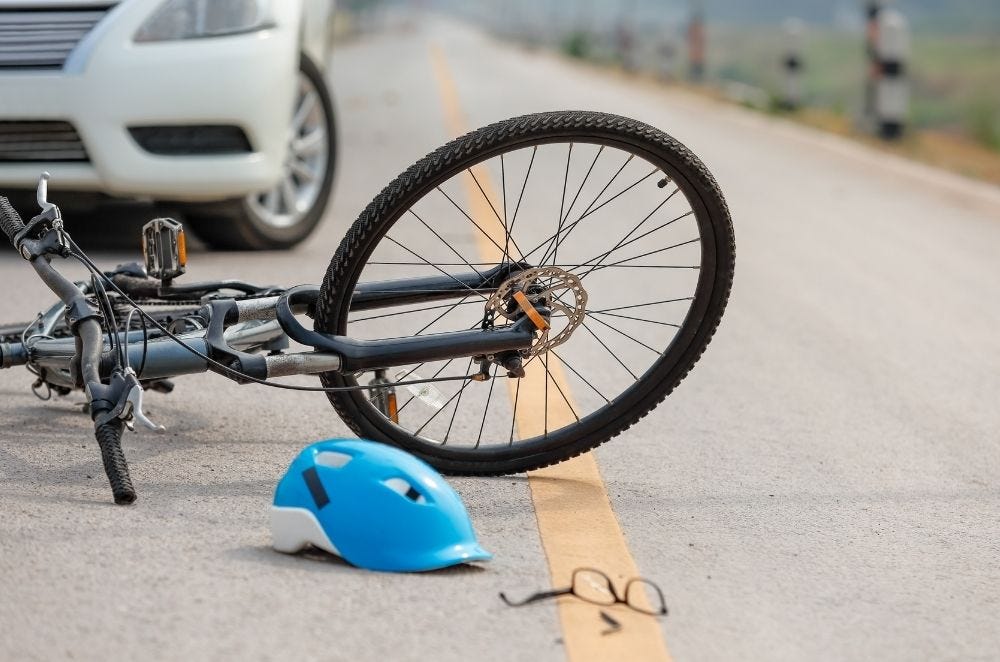
Continued from:
Playlist to go with the essay, with some extras.
The Bicycle and the Car
Sitting on top of the much too big bicycle I pushed off from the wooden walkway that led up towards the entrance door of the unfinished house. It had plastic windows, inside and out, to keep out the northern Canadian winter cold because, although I didn’t know it then, we were poor. I was seven years old. The bike and I wobbled forward. I looked up and saw the car approaching our driveway along the asphalt road, that was most times empty of cars. It seemed to me, I very clearly remember thinking — perhaps thinking is the incorrect noun. Better might be a quiet and strangely calm awareness spanning my whole existence. I had a clear awareness that I would be hit when I kept going straight. I was aware at that time that I had the option to turn and fall, to not ride in front of the car. And I was also aware that I would actually choose to ride in front of the car. That the choice had, in an ineffable way, been already made. And that is what I did. And that is what happened — to me.
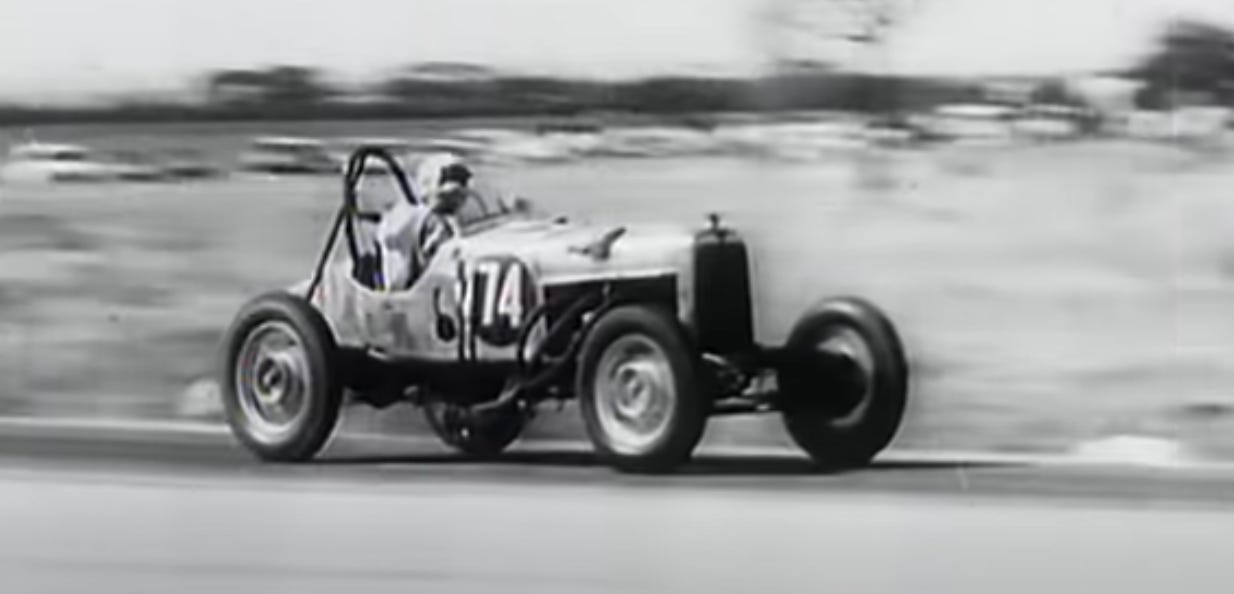
Due to the circumstances of the family dynamic, I have very few clear memories of childhood (nor much of my young adult life, either). And the memories I do have are episodic, with little to connect them to any kind of time-line or anything like a continuous story of ‘Guy’. Perhaps that is true of most of us. Until about nine years ago I wasn’t even aware that episodic memory is distinct from how ‘normal’ memory works for most ’normal’ people. ‘Normal’ meaning, perhaps, those whose childhoods were comprised of Winnicott’s so-called “good enough parents”.
Writing these essays has helped me more clearly see the truths of my heart. The explorations have expanded my courage to be compassionate with myself and others. This has greatly improved my life. If these essays have given you some of these benefits, I would be honoured if you would support my work by becoming a paid subscriber. Thank you. 🙏
Writing these essays has helped me more clearly see the truths of my heart. The explorations have expanded my courage to be compassionate with myself and others. This has greatly improved my life. If these essays have given you some of these benefits, I would be honoured if you would support my work by becoming a paid subscriber. Thank you. 🙏
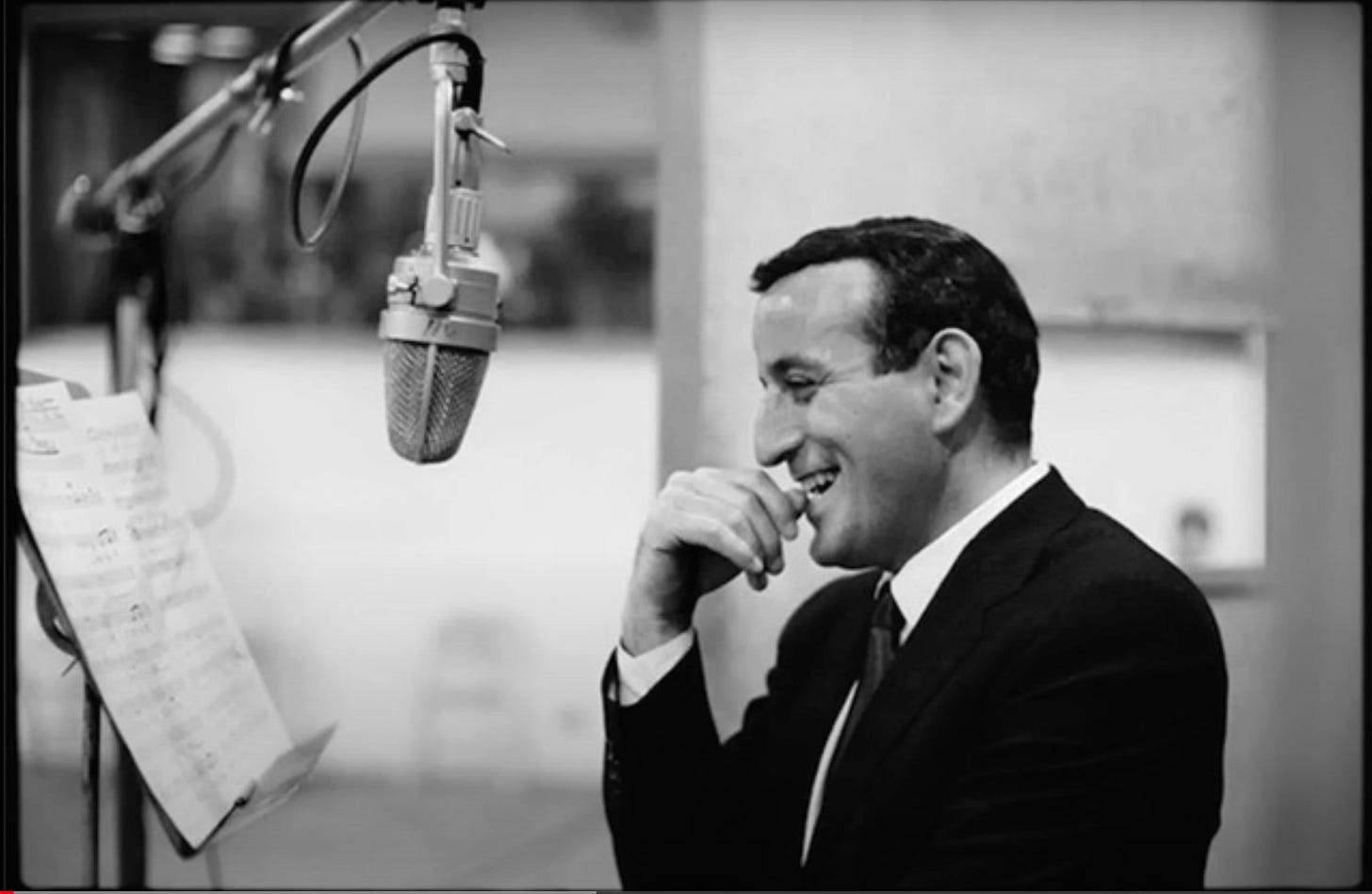
Just Me?
It was just me that flew into the air. Life had slowed down as I spun about my axis, up up up into the summer warm soft air. I had entered slow living. The sky was an embracing, gentle and yet somehow brilliant blue. The one white cloud was so soft and so still. As I turned I was reminded of a carousel turning, my arms and legs the spokes extending out from the axis. There was a lightness to being, and then I began to fall to the ground face up, my limbs more or less akimbo. I don’t remember the touch down, although I felt pebbles digging into my back as I lay on the edge of the road, straddling the asphalt and the narrow dirt shoulder before it dropped into a deep ditch.
“My legs aren’t broken,” I hear myself say as I bend then straighten them at the knee. I think I am saying it out loud. “My legs aren’t broken,” I repeat. It becomes a mantra even as some adults came into my awareness. I don’t remember details or faces. Not even my mother’s, who I know was there and picked me up, because of her later description of ‘my’ story.
I remember the sound of other voices, although I don’t remember words. And there would have been some kind of screeching tires because I know without remembrance that the car had stopped. The next part is even more broken and episodic. I was quickly put into the stopped car and its driver raced my mother and me to the emergency in town. In the spacious back seat I remember more words around me even as I kept to the leg mantra. Was it something about shock and hurry?
Next I have memory bites of me being sewn up, old style curved needle and thread, because a part of me had been pushed out of my left leg, like a flesh volcano. I don’t think that that part of me was pushed back in because some weeks later, after the stitches had been prematurely removed — I don’t clearly remember their removal — the wound opened into a kind of mute mouth into which I was able to put my entire finger tip. The opening into my body lasted for many weeks.
As I ‘look’ at this story of me again, perhaps even a significant one, I now for the first time sense that some of this remembrance is from a perspective outside of my body. The body-centric and out-of-body memories have a fluidity between them I don’t remember appreciating before. Does that fluidity of memory include fill-in-the-blanks after the fact story-telling? I don’t know.
This particular experience of ‘me’ is a concision, a constriction of the broader truth of the story that includes a mother, a driver, medical personnel, a cloud, family, pebbles, blue sky and so much more. The story of the story was to become my story. Really? Where do I begin and end?
A Story of Me
And yet more questions! What was that all about? Who was the chooser? Could it have been a not me? Where was that me? Was that ‘me’ an observer from the inside? Or even the outside? And who was the me that acquiesced?
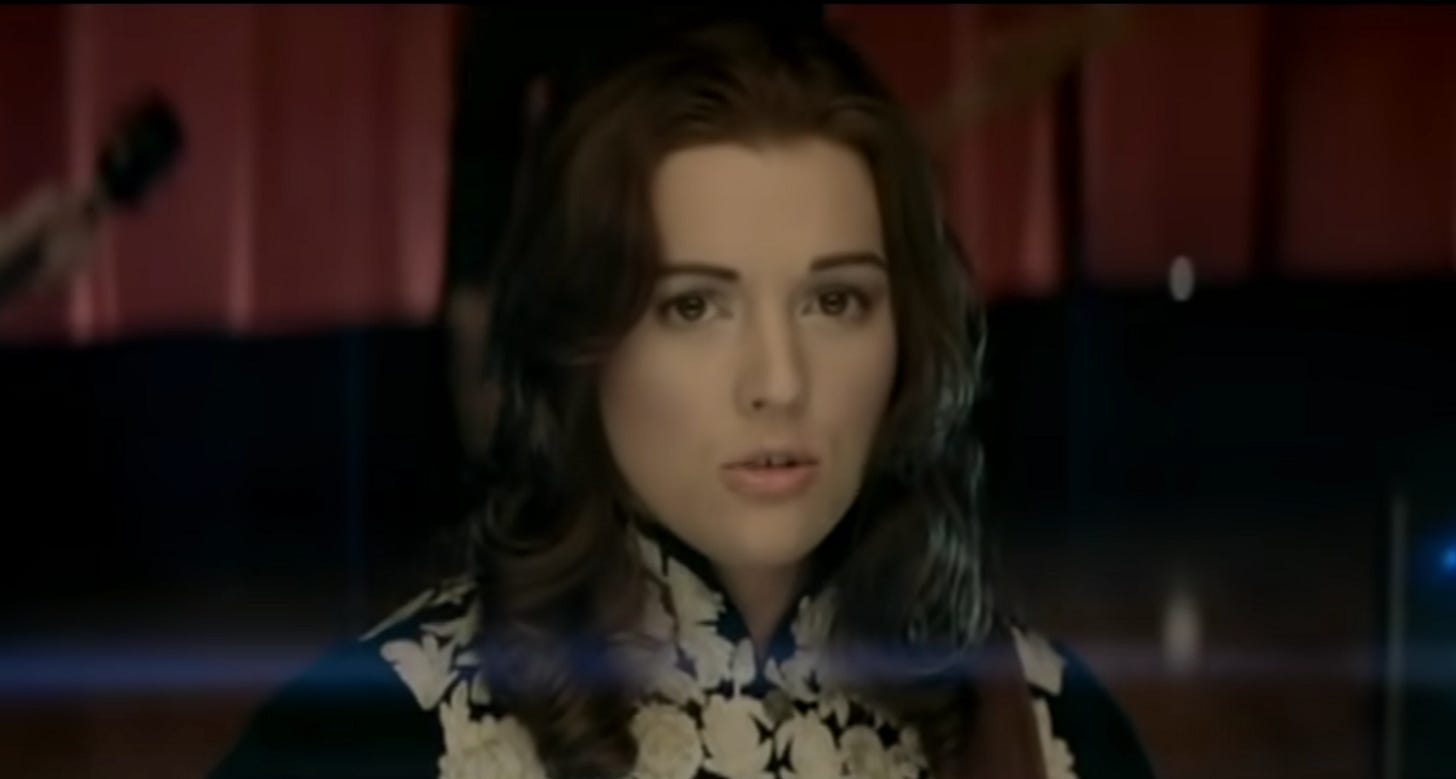
When I was obese I didn’t see me. For that part of this story, read part 1 of
During the several years it took my body to drop most of the weight, I looked at that version of ‘me’ and, with the guidance of psychological and other ‘self-help’ readings, I concluded that I had unconsciously extended my somatic boundary in order to protect myself (ineffectively) from intimate relationship to people, especially my ex. And it was also because I had been somatically doing my best to weigh myself down onto the earth, to ground myself as a means to artificially provide me with a form of stability in those relationships.
And in this pragmatic way ‘my’ obesity was not an obstacle because it had provided me with value. My unconscious had taken control over my ability to choose in order to provide me with a means to live in life even if that included the grossly misshapen form of a forty-six inch security belt. This is why I did not experience this obvious and yet unseen obesity as an obstacle even as I struggled with seatbelts and clothes and potential future health issues and a vociferously castigating GP. (Did you know our feet get fat, too?)
On the other hand when I was riding an oversized bicycle I saw the obstacle and by some kind of unconscious direction that my conscious self acquiesced to, I put myself in front of the much bigger and harder-than-me moving automobile.
What? Unconscious control over my life? Who’s in control, here, in this life?
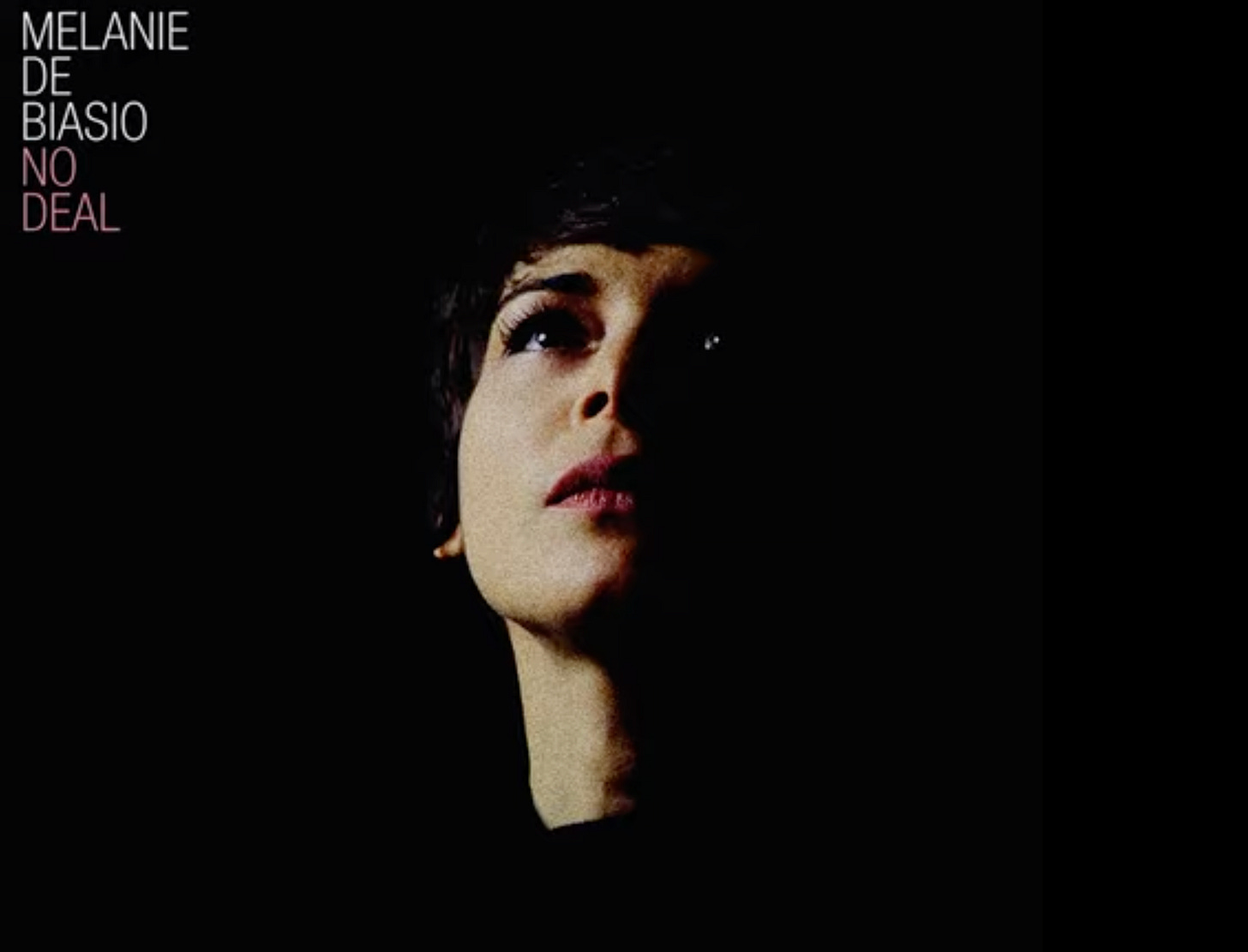
OMG, Not Another Elephant God in the Room Story?!
Nope. Not in the room, anyway. This time it is exit stage jungle.
One day, shortly after hearing his Master describe in a very New Age way that all things were the manifestation of God, a disciple came to be in the path of a rampaging elephant. The mahout, who was hanging on for dear life, called out to the disciple “Run away! Save your life, get out of the way!” Instead of running away the disciple stopped, turned to face the elephant and without any fear bowed towards this amazing manifestation of God, of which, he had been assured, he was one with.
The elephant picked up the disciple and threw him aside. By the grace of God, who does have a wicked sense of humour sometimes, the disciple was only badly hurt, not killed. After he had recovered consciousness, somewhat from his injuries and had regained his wits enough to talk, the Master asked him ‘Why did you not run away from the rampaging elephant?’ ‘Because, Master,’ he replied, ‘you assured me it was God and that I was God and so there was nothing for me to fear.’ ‘I see,’ the Master said. ‘And did I not also say that the mahout was God, too, so that God warned you to run away?’ — Adapted and abridged from ‘A Gospel of Sri Ramakrishna by M.’
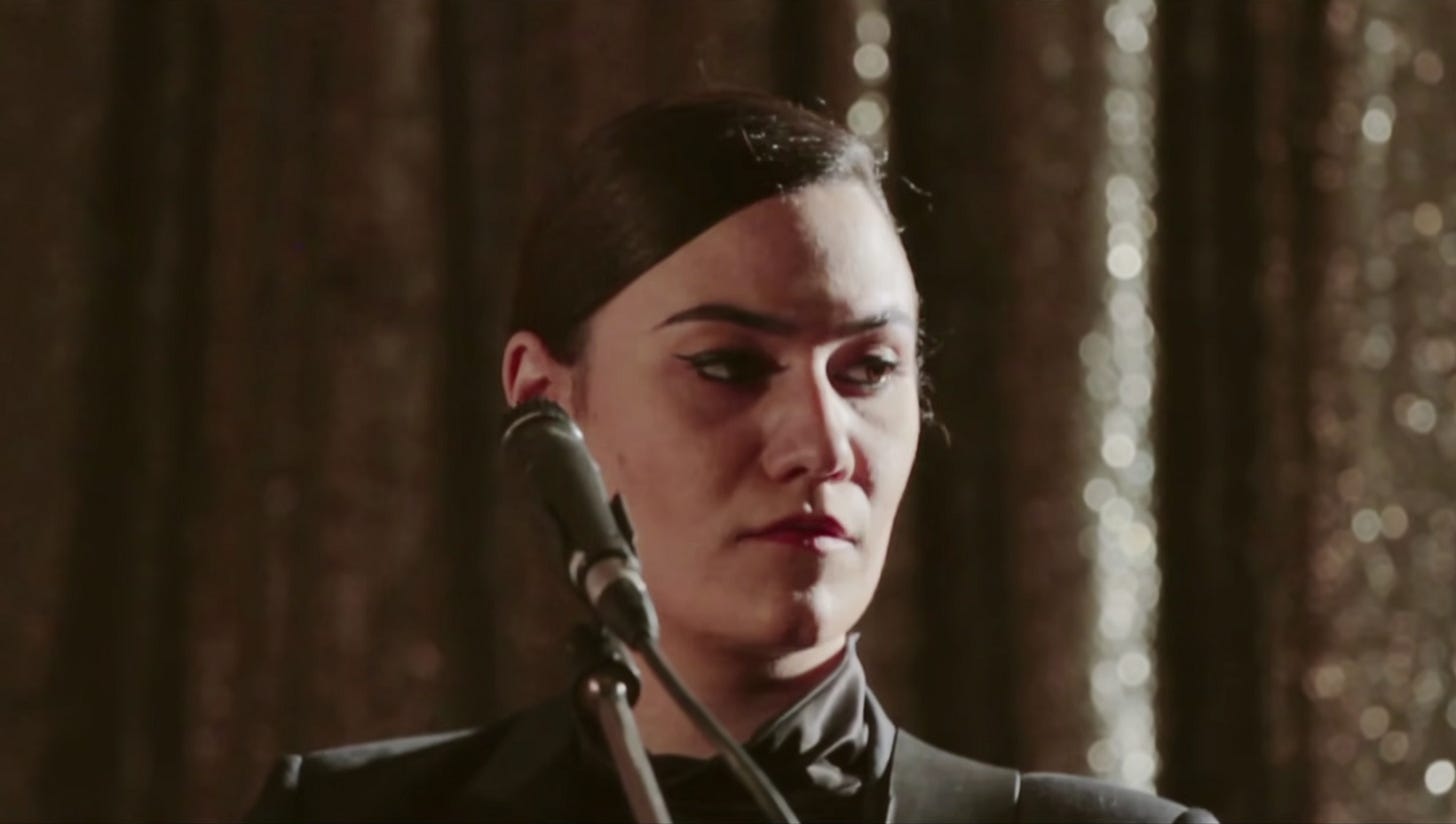
Why did something inside ‘me’ choose to stear the physical part of ‘me’ in front of the car? Why did I become fat? And why did all that fat shed from me as easily as it had accumulated, both without noticeable effort from my mind or body? Why did the disciple ignore physical reality and bow contentedly in front of the elephant? Are these actions or behaviours inferences towards the existence of something we glibly refer to as ‘the unconscious’?
Let’s carry on to who knows where, with or without conscious direction or intention!
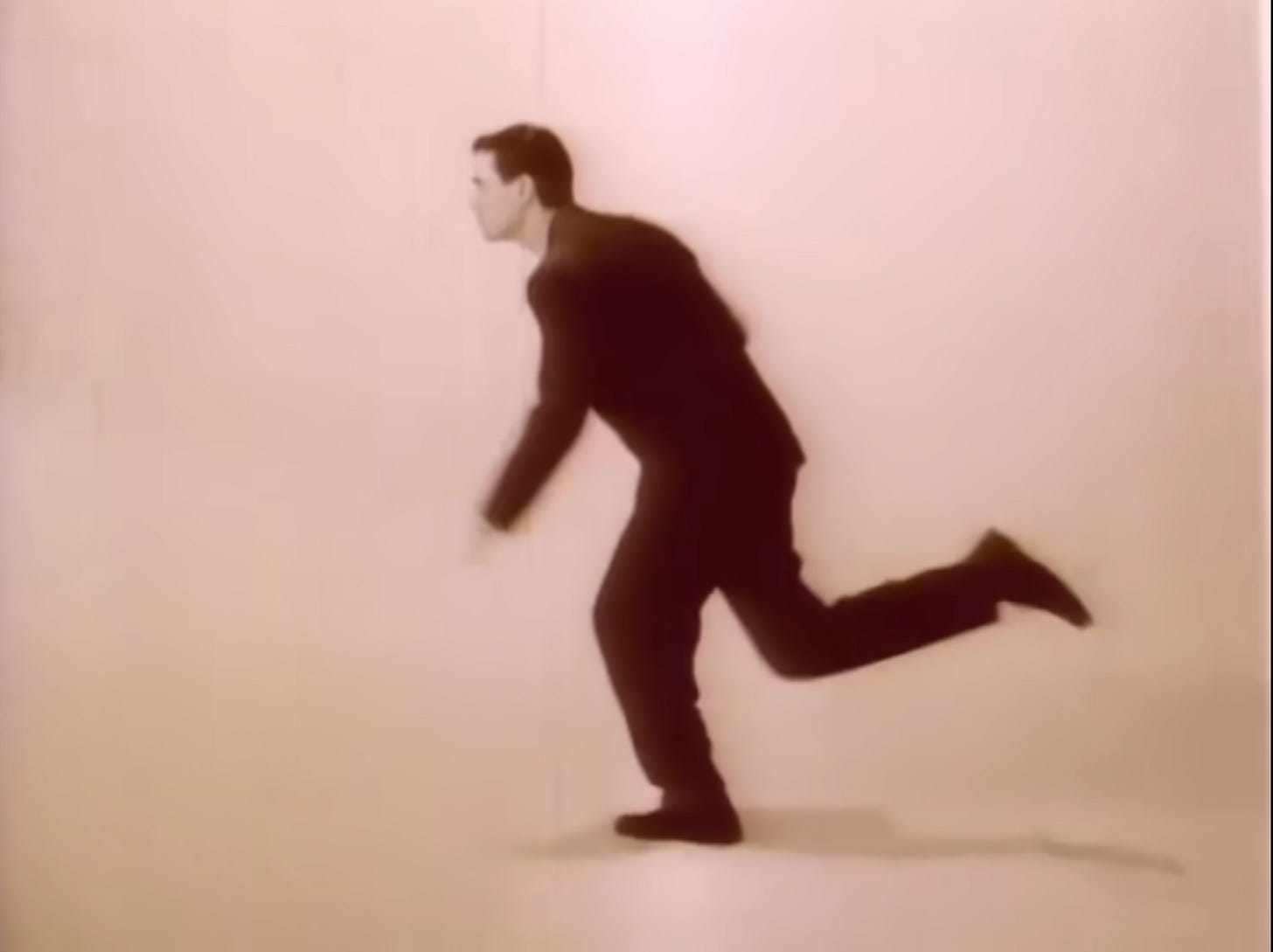
The Blind Buddhist Swallowing the Lie
Stephen Batchelor describes something I find oddly similar when, as a young man and just three months deep into Tibetan (Mahāyāna) Buddhist monkshood, he was unexpectedly introduced to Hīnayāna Buddhism. (See Mahāyāna and Hīnayāna described here.)
Hīnayāna is denigrated by the Mahāyāna school as the lesser Buddhism even though (because?!) Hīnayāna is more closely aligned with Theravāda Buddhism and with that is closer to the actual words of Gautama Buddha as transcribed from the oral tradition into the Pali Canon about 250 years after Gautama’s death. Mahāyāna Buddhism is a much later evolution away from the Pali Canon into gods and heavenly descriptions, reincarnation elaborations and various practices that are largely (totally?) absent from the Pali Canon.
My encounter with Vipassana (sitting meditation practice) was entirely fortuitous.
Had it not been presented on my doorstep in the Tibetan institution where I was studying, I doubt that at the time I would have sought it out elsewhere. The retreat opened up the first crack in the edifice of my faith in Tibetan Buddhism. Mr. Goenka had been trained in the Burmese Theravāda school [that predates Mahāyāna Buddhism by many hundreds of years and] is based on the teachings of the Pali Canon. It soon became clear that the Tibetan canon, which, I had been assured, contained every single discourse the Buddha ever gave, lacks the majority of texts preserved in Pali, including The Discourse on the Grounding of Mindfulness (Satipatthana Sutta), on which Mr. Goenka based his teaching.
After my encounter with Vipassana, I briefly considered going to a monastery in Burma, Thailand, or Sri Lanka to develop this practice further. Yet my commitment to the tradition in which I had been ordained as a monk and initiated into the Vajrayana remained strong, as did my devotion to my Tibetan teachers. I also realised that the effectiveness of Mr. Goenka's mindfulness practice was to some extent due to all the reflections I had done on the foundations of Buddhism under the guidance of Geshe Dhargyey. Before going off to explore another form of Buddhism, I realised that I needed to be more fully grounded in the one to which I already belonged. Nonetheless, the worm of doubt had started quietly burrowing its way inside me (p26 Confession of a Buddhist Atheist by Stephen Batchelor, my emphasis).
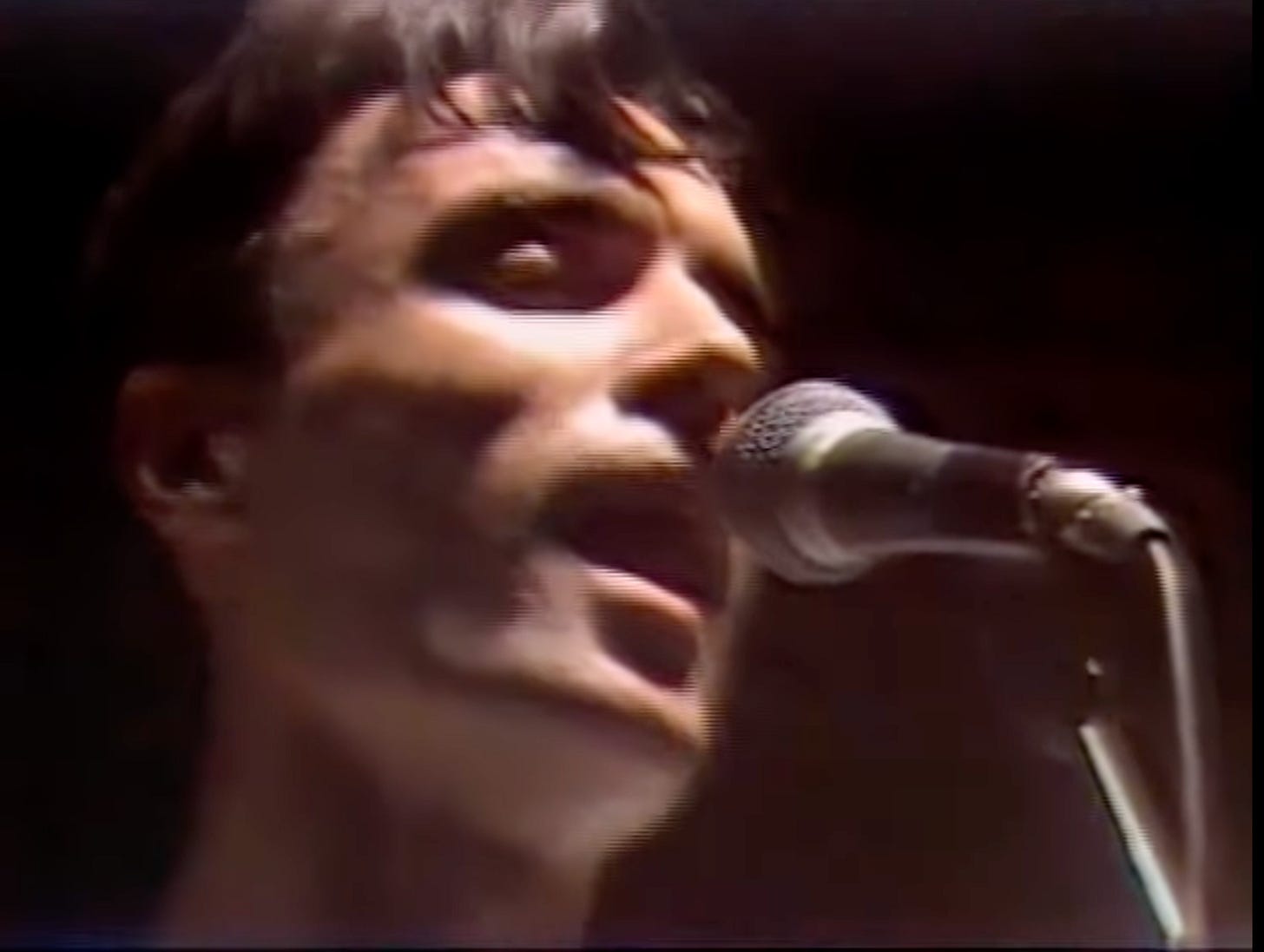
Batchelor chose to extend his study of Tibetan Buddhism despite having discovered that it lacked integrity: through his teacher and the Tibetan texts and exposure to Vipassana he discovered that he had been mislead about Tibetan Buddhism’s relationship to the Pali Canon of Gautama’s transcribed words. Was that the car that he saw and (that some ‘inside’ part of him) chose to drive in front of anyway? Was that his obesity, or elephant? On the surface his conscious ‘logical’ choice was to continue going straight in his practice. Interestingly this contradicts what he wrote earlier about the ‘rain’ magic story lie being his first and only Buddhist lie. The choice to continue his studies was perhaps unconsciously driven, despite having been rationalised later, since it was based on ignoring a truth-lie about the nature of his Buddhist study-path. Likely that was a foundation in his ability to lie later about the rain. And perhaps it was preparation for the later consequences of being hit by the lie in a way that would spin his wormy Buddhist world around.
I find this interesting and, despite the ostensible differences, oddly similar to an unconscious(?) me ‘choosing’ to get the physical me hit by the objective reality of the truth of the car. Batchelor says he consciously choose to ignore the worm. Perhaps. And perhaps, though, for him like me it was the unconscious that chose to follow the path of untruth with an immanent crash with reality.
“It’s a fool who looks for logic in the chambers of the human heart”
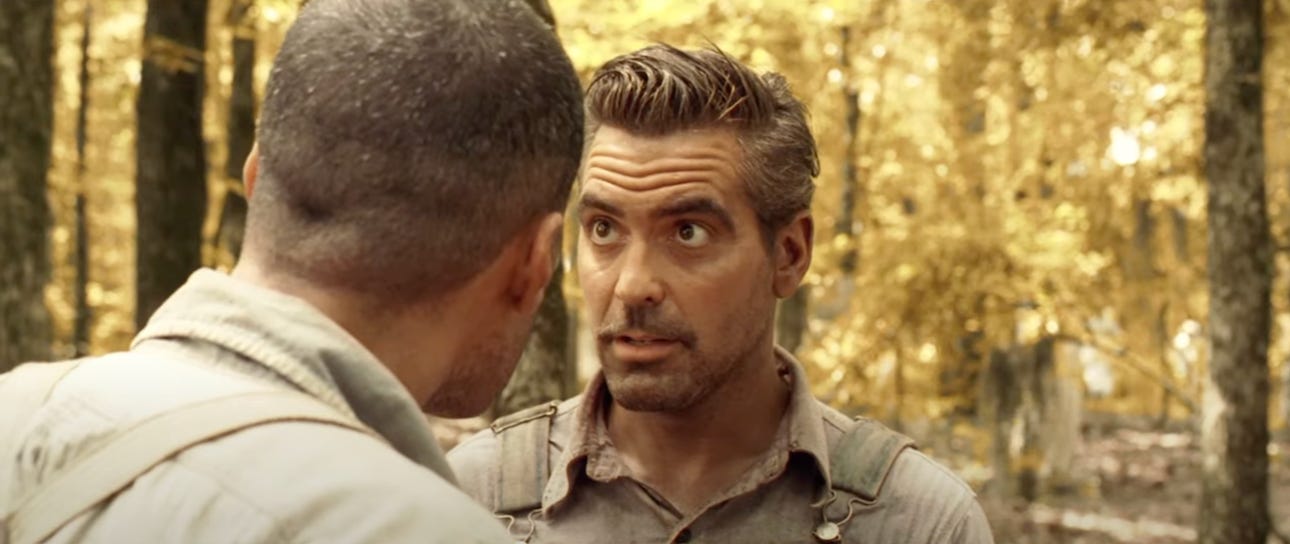
Freud’s Assault on Truth as our Societal Truth Touchstone
Jeffrey Masson wrote about Freud's suppression/transformation of the ‘Seduction Theory’ in The Assault on Truth: Freud's Suppression of the Seduction Theory.
Short ‘Seduction’ Synopsis:
As a doctor or doctor-in-training, Freud spent time in France and at the city morgue where autopsies were done and practiced. He noticed that there were a large number of dead children who had obvious signs of sexual abuse. Later, after a clinical study with hysterical patients, he formally proposed that hysterical symptoms in adults (male and female) had a very high correlation with the patients’ claims of having been sexually abused as children. That was the ’Seduction Theory’. He was met with complete silence socially and professionally and then had his medical accreditation removed. Exactly parallel to today’s professional boards who destroyed doctors critical of the ‘official’ covid narrative. History does repeat, and we are so often blind and likely deliberately made as blind as possible, to ‘our’ authority’s abuse of their authority.
Later Freud ‘recanted’ the theory and replaced it with the upgraded proposal that hysterical symptoms arise because people imagine that they have been sexually abused. The cure was to convince the ‘patient’ that the abuse was only their subconscious that perversely and untrustworthily wanted to have sex with their opposite sex parent. Once that ‘cleaned up’ section theory upgrade was published Freud was back in the game, the ‘good’ society was good to breathe easily again the foul air of socially approved mendacity and denial that was once again safely hidden behind masks and various social perfumes and incenses.
(For a more extended discussion on ‘the seduction theory’ see ‘Theories Highlights Ii: The Story Of Freud’s Seduction Hypothesis’. Or read Masson’s excellent book.)
Deja Vu: If You Got Hurt After a Covid Injection Shot You Were Simply Being Hysterical
Interesting that the default recommendation and practice by the toe-the-accreditation-line doctors who receive people with covid injection related injuries often use the same methodology as used by Freud’s upgraded cure for hysteria: it is all in your head, go away and seek psychiatric help. So much so that there is now a psychiatric diagnosis of fear of vaccination, complete with guidelines on how to properly cure that phobia!
Similarly, and predating Freud by about fifty years, there was maternity doctor Ignes Semmelweis. https://www.smithsonianmag.com/smart-news/doctor-who-introduced-virtues-hand-washing-died-infection-180953901/ Following astute observations he suggested and confirmed clinically that having doctors wash their hands before assisting in childbirth would significantly help the birthing women survive. Not only was his licence to practice revoked he was eventually sent to an insane asylum because he wouldn’t shut up about washing hands and cleaning surgical instruments before medical procedures. He died of sepsis after developing gangrene from injuries he received while in the asylum, likely the result of being beaten.
You Can’t Handle the Truth! It is Deadly so Drink the Deadlier Lie
It would seem that the truth is a deadly commodity and its denial perhaps even more deadly. Our news agencies lie and we tacitly authorise going to war against fictional crimes or weapons of mass destruction and stand by while millions are profitably killed. Our governments arrange for death and destruction abroad and at home in various ways and our news agencies lie and then we can and lie to ourselves about it deformation, pollution, fluoride poisoning, etc. Our medical communities lie and we roll up our sleeves and millions get hurt and die.
The arc of our age isn’t that of iron or industrial or information. The arc of our age is that of avidya, of failing to see what is true and in remaining trapped in our own delusion. We are happy in our misery to blame and to kill ourselves or the other as our enemy.
The Good of the Lie
I blindly lied to myself about being obese and didn’t see the big fat lie. It helped me survive and stay in a mostly toxic relationship for far too long. In time my eyes cleared. Stephen Batchelor lied about rain. He didn’t see the lie, nor that he had made a life changing decision while unconsciously(?) avoiding the Pali Canon lie he had uncovered. Eventually he began to see clearly when the worm of the lie turned him.
Similarly Freud lied after seeing the truth in order to continue his practice and to, ostensibly, help people. Did he stop seeing the truth altogether, as Chomsky describes the way news people often do? Was that why Freud was so intolerant of his ‘authority’ being questioned? How many traumatised people died, in mind, spirit or body because of that popularised Freudian lie? It seems that if he saw the lie he didn’t confess it publicly.
Jung with great vision saw corporations as dehumanising because they inculcated ‘group think’ at the expense of the individual.
Any large company composed of wholly admirable persons has the morality and intelligence of an unwieldy, stupid, and violent animal. The bigger the organization, the more unavoidable is its immorality and blind stupidity. Society, by automatically stressing all the collective qualities in its individual representatives, puts a premium on mediocrity, on everything that settles down to vegetate in an easy, irresponsible way. Individuality will inevitably be driven to the wall. This process begins in school, continues at the university, and rules all departments in which the State has a hand. In a small social body, the individuality of its members is better safeguarded; and the greater is their relative freedom and the possibility of conscious responsibility. Without freedom there can be no morality (pp. 133-4 Jung, C.G. ‘The Relations Between the Ego and the Unconscious’ from The Basic Writings of C.G. Jung, ed. Violet S. de Laszlo.)
And at the same time Jung failed to see that his perception of the portrayal of American individualistic capitalism was in fact a clever and evolving form of increasingly sophisticated manufactured consent using the lie disguised as ‘democratic’ propaganda.
Many say, including myself, that Noam Chomsky saw and effectively articulated the ‘truth’ about mainstream media mendacity and compliance with the state to create the necessary illusions to effectively use propaganda to manage the ‘democracy’. His inability to articulate criticism for the covid government-media propaganda shocked us, the questioners of convidian authority. What we had not seen was that his advocacy of anarchy had buried within it a belief in the very power structures he was criticising. He was, perhaps unconsciously, lying about his oft stated belief in people’s ability to see the truth and respond to it appropriately. He, like those he criticise, doesn’t fundamentally believe in or trust people enough to handle the truth. That is what makes him a hypocrite, not that he felt that the unvaccinated needed to be put into concentration camps and figure out for themselves food. “Noam Chomsky Says The Unvaccinated Should Just Remove Themselves From Society.”
[Chomsky:] I think we should — at the most general level we should be seeking out forms of authority and domination and challenging their legitimacy. Sometimes they are legitimate. That is, let’s say, they are needed for survival. So, for example, like I wouldn’t suggest that during the 2nd world war, the forms of authority — we had a totalitarian society, basically. And I thought there was some justification for that under the wartime conditions. There are other forms, such as the relation between parents and children, for example, [that] involve forms of coercion. Which are sometimes justifiable. But any such form of coercion and control requires justification. Most of them are completely unjustifiable. At various stages of human civilisation it’s been possible to challenge some of them, but not others. Others are too deep seated. (From Manufacturing Consent: Noam Chomsky and the Media ~ -2:29:50, my emphasis.)
That no-one I’ve heard of caught this ‘Freudian’ tyrannical advocacy slip from Chomsky suggests to me how deeply rooted our society is in a bully/victim culture. See my essays ‘Obedience to Authority’ for more on the bully nature of our culture and that we are ‘suffering’ a form of Stockholm Syndrome for bullies and bully victims:
What to Do? A Short Guide
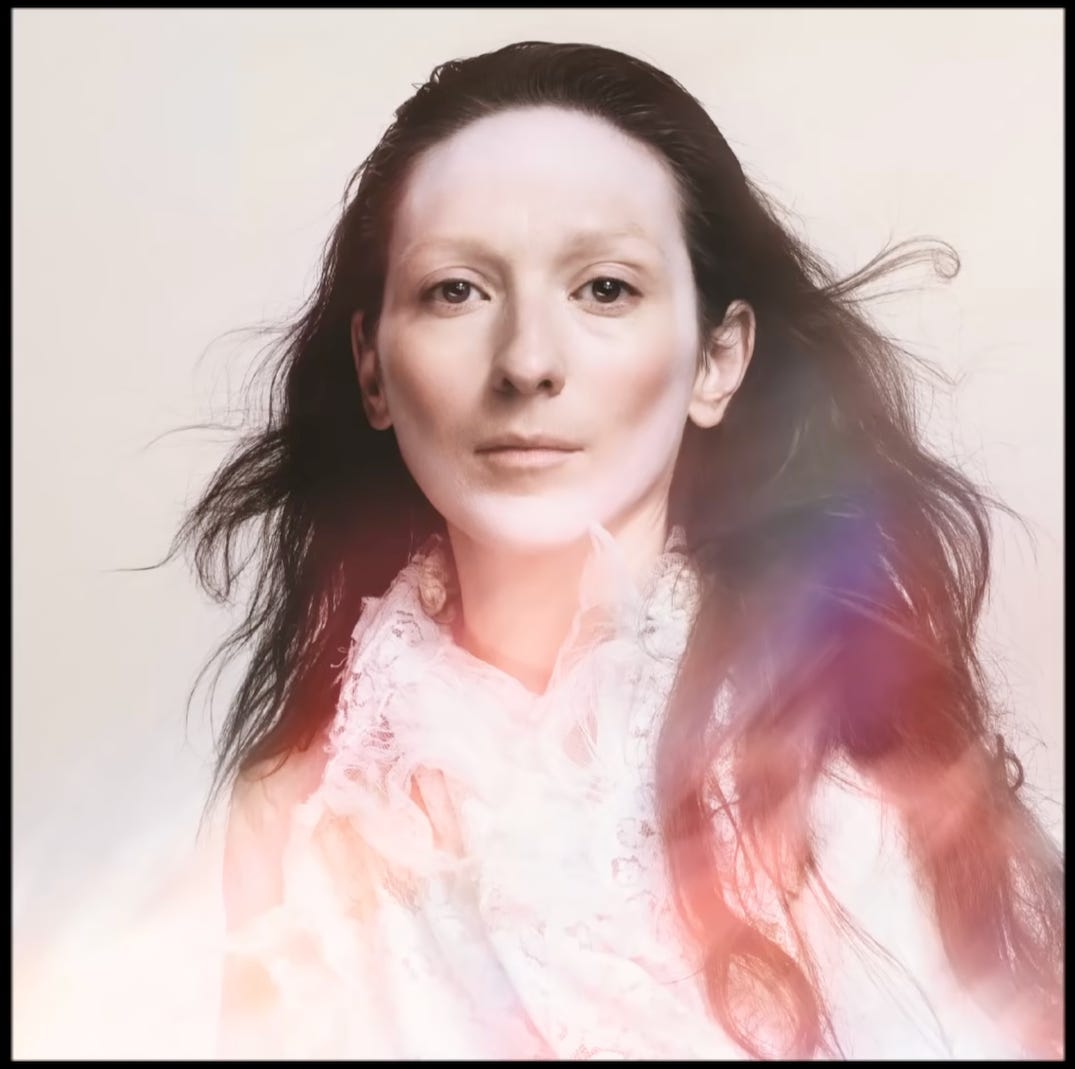
Be courageous by refusing to trust the other, especially an authority on whom you placed untested blind trust. There is an old Buddhist koan/advocacy that applies: “If You Meet The Buddha On The Road, Kill Him”. In its simplest meaning this is a paraphrase of something Gautama said on his death bed to Ananda his long time friend and companion, slightly paraphrased: ‘Trust yourself, no-one else.’ (This is a nice talk by Michael Stone: ‘Best of Awake in the World: Buddha’s Last Word’.)
In a very real way, the truth of this can be inferred by what all our authorities, health, social, economic, government, religious, and often even spiritual guides say overtly or covertly: ‘You aren’t safe, your body is untrustworthy, your ability to understand is limited and unreliable, we will save you, we have the expertise, trust us.’
Be truthful in all your thoughts, intentions and words. Notice when you are lying and then you will be able to see when others are lying. This creates without effort the ability to see clearly.
Be curious enough to question every authority around you and, especially, the authority of your own truths. The hidden truths are the challenging ones, of course, because they are the deep strange attractors we are blind to that empower the shadow. Sit still and look at the truth of who you are. Begin with small steps, recognise that this is an act of courage each time. Courage means depth of heart, and plumbing it requires patience and diligence.
Be intimate with yourself and with others by removing your bully language. Stop saying ‘have to’, ‘should’, and ‘deserve’ in your day-to-day speech with others and especially within yourself. All are language codes or elements of either the bully or the judge or both. Bullying and judging are the opposite of intimacy and are used to create separation and distrust. The removal of your bully language will effortless allow you the space and heart to be kind to yourself and to others.
Look for simplicity because being kind is not complicated. Complication is a tool used by clever people to create enough confusion to seed lies, create bullying and empty aggrandisement.
Look for synchronicity to help guide you to see where you are being untruthful, bullying to yourself and/or others or creating unnecessary complications; and to see where you are aligned with the integrity of your being, free of the constriction of bullying, and aligned with intimacy, simplicity, kindness and compassion.
You are not alone. Each of us have our own unique path and place and appropriate eccentric actions in this life. Each of us unique and powerful and connected to each other and to life. When we practice the above the energy of fear and separation has no place reside. You are not alone. Together, each of us individually, are already expanding truth, and that does set us free.
Writing these essays has helped me more clearly see the truths of my heart. The explorations have expanded my courage to be compassionate with myself and others. This has greatly improved my life. If these essays have given you some of these benefits, I would be honoured if you would support my work by becoming a paid subscriber. Thank you. 🙏
Playlist of Linked Songs, and a Couple of extras are here.
Closing Song: Blood of Eden by Peter Gabriel
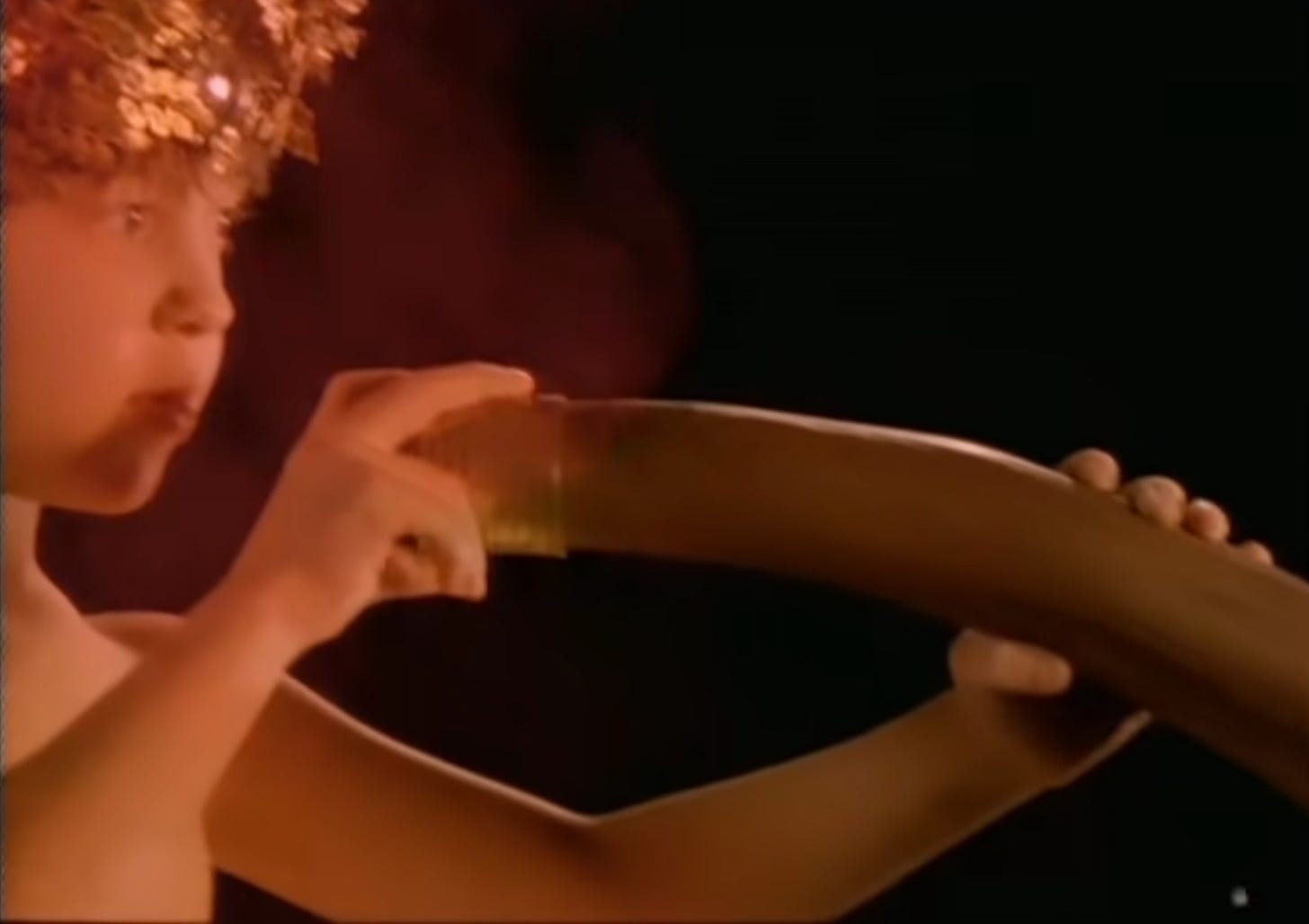
Lyrics
I caught sight of my reflection I caught it in the window I saw the darkness in my heart I saw the signs of my undoing They had been there from the start And the darkness still has work to do The knotted chord's untying They're heated and they're holy Oh they're sitting there on high So secure with everything they're buying In the blood of Eden Lie the woman and the man With the man in the woman And the woman in the man In the blood of Eden Lie the woman and the man We wanted the union Oh the union of the woman The woman and the man My grip is surely slipping I think I've lost my hold Yes, I think I've lost my hold I cannot get insurance anymore They don't take credit, only gold Is that a dagger or a crucifix I see You hold so tightly in your hand And all the while the distance grows between you and me I do not understand In the blood of Eden Lie the woman and the man With the man in the woman And the woman in the man In the blood of Eden Lie the woman and the man We wanted the union Oh the union of the woman The woman and the man At my request, you take me in In that tenderness, I am floating away No certainty, nothing to rely on Holding still for a moment What a moment this is Oh for a moment of forgetting, a moment of bliss Hey I can hear the distant thunder Of a million unheard souls Of a million unheard souls Watch each one reach for creature comfort For the filling of their holes In the blood of Eden Lie the woman and the man With the man in the woman And the woman in the man In the blood of Eden We wanted the union Of the woman and the man In the blood of Eden Lie the woman and the man I feel the man in the woman And the woman in the man In the blood of Eden Lie the woman and the man I feel the man in the woman And the woman in the man In the blood of Eden We've done everything we can In the blood of Eden Saw the end as we began With the man in the woman And the woman in the man It was all for the union




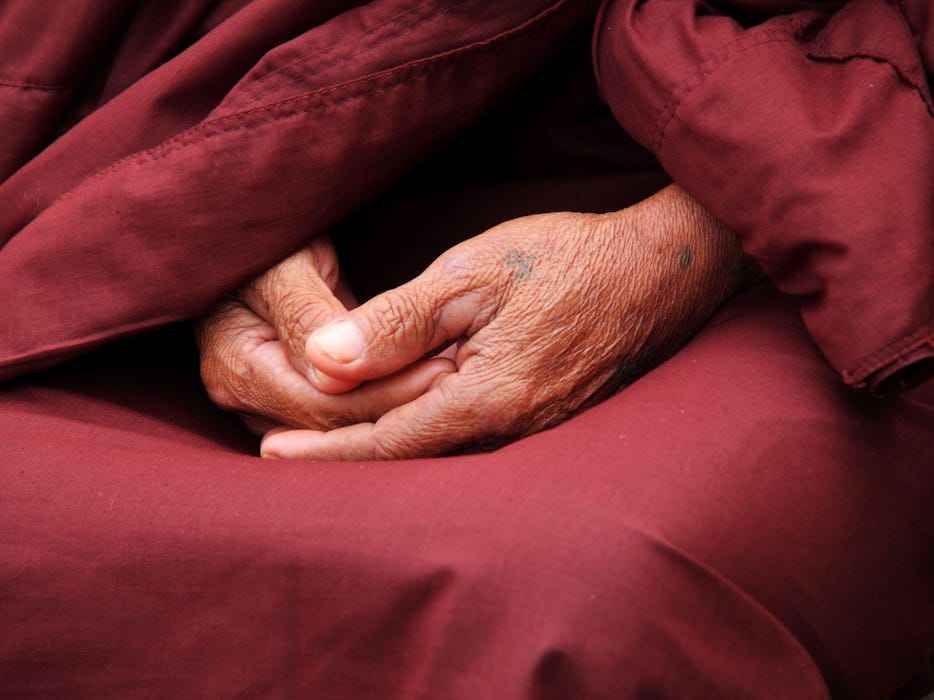
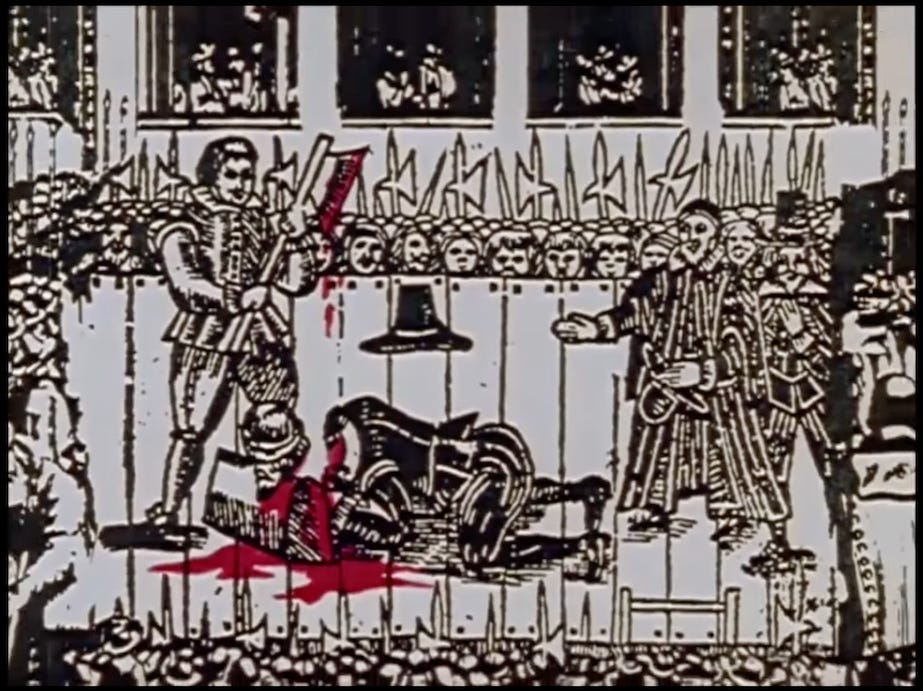
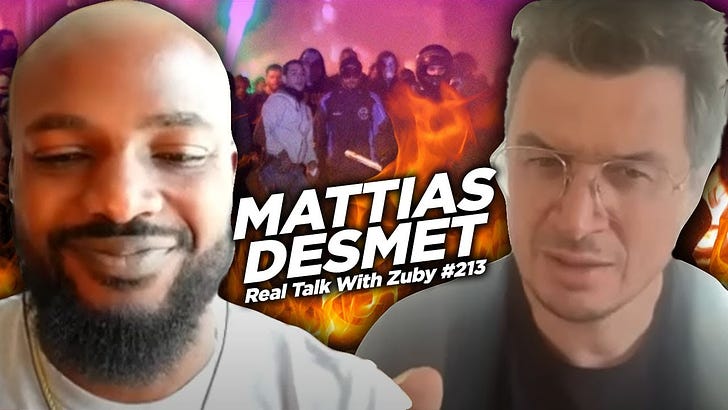
Beautiful post, Guy. You really have a knack for seamlessly weaving so many perspectives. Just lovely. I am reminded of that saying, "Denial will save you in one context and kill you off in the next. "Everything - even lying to ourselves - has its place.
Thank you for this.
Guy...this was perfectly what I needed to read tonight. I started reading this post when it came through (I got the email real-time). I was at work and only had time to read the first paragraph. I've had it up on my screen of endless tabs (🙈), and after I finished writing today, I had the time and space to read it.
So good.
"In a very real way, the truth of this can be inferred by what all our authorities, health, social, economic, government, religious, and often even spiritual guides say overtly or covertly: ‘You aren’t safe, your body is untrustworthy, your ability to understand is limited and unreliable, we will save you, we have the expertise, trust us.’"
I LITERALLY was just having this conversation with a friend on the way home today. We were discussing the ways we plant seeds in an effort to help others see what is happening all around us.
I was explaining that we can have all the research, evidence, etc, but ultimately, some people do not have faith in themselves. They lack inherent trust in the strength of their own mind's ability to interpret and process. And their body's ability to support, heal, and change.
It is a systematic conditioning that, to some extent, most everyone must work to overcome A belief that they are incapable in some way. In the mind, and perhaps more so in the body. Our entire medical system depends on this belief. Or lack of belief. Adherence to this structural weakness is what stands in our way.
Seeing things exactly as they are.
This requires faith in one's self.
Beautiful essay.
Thank you.